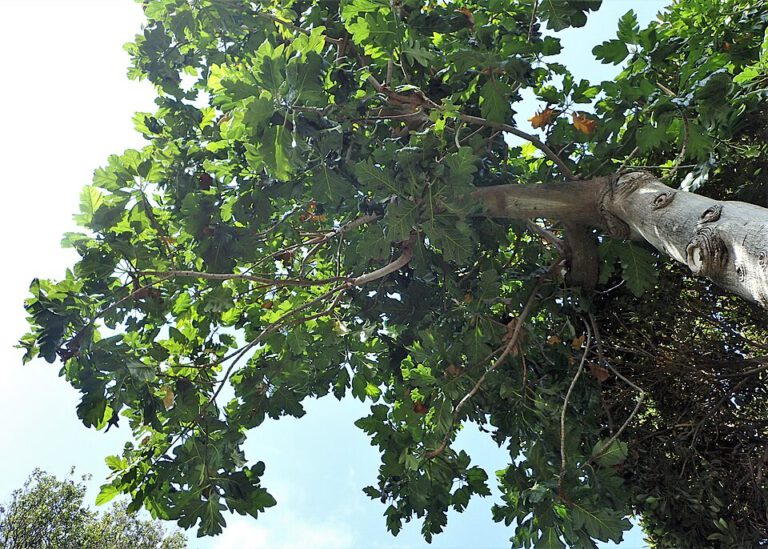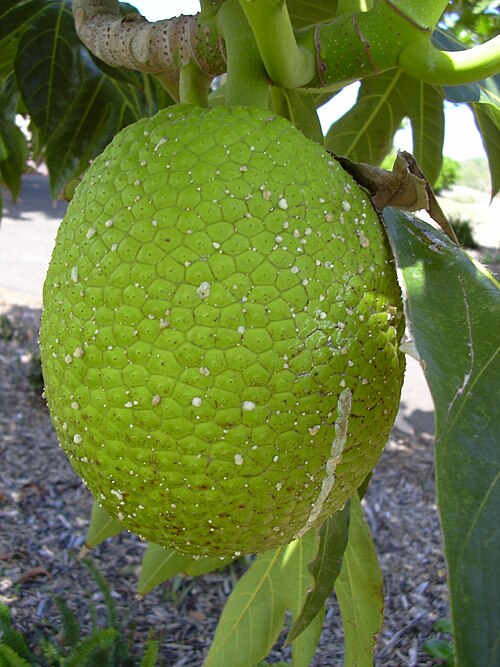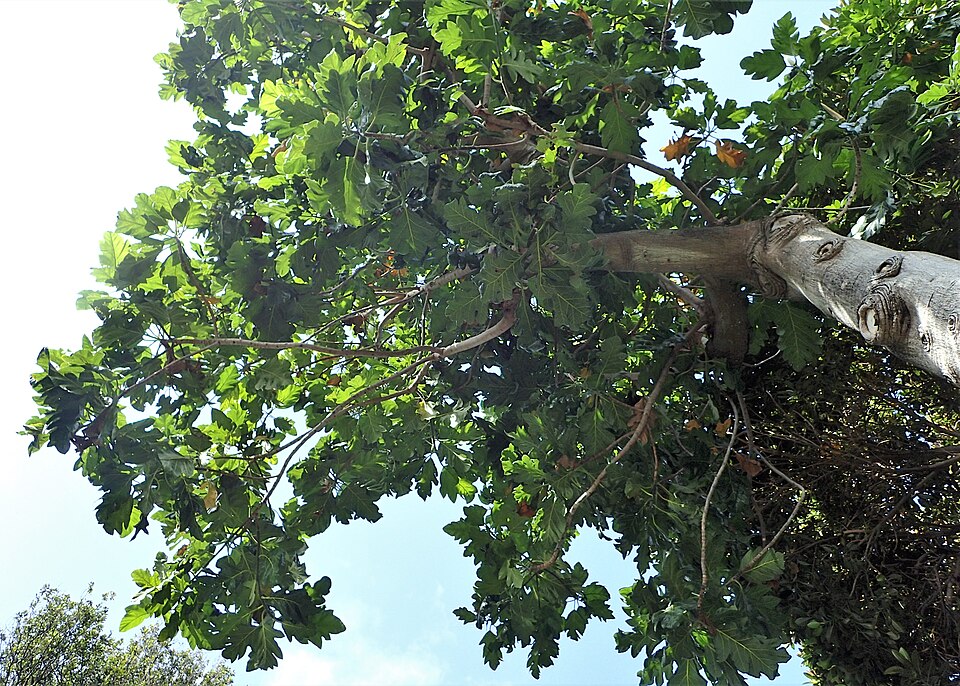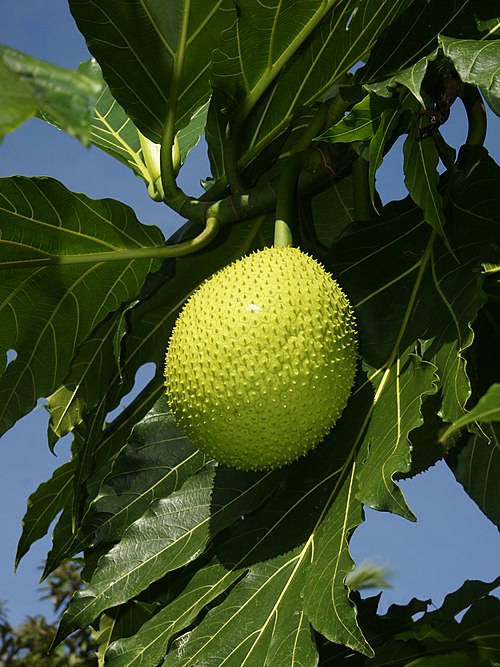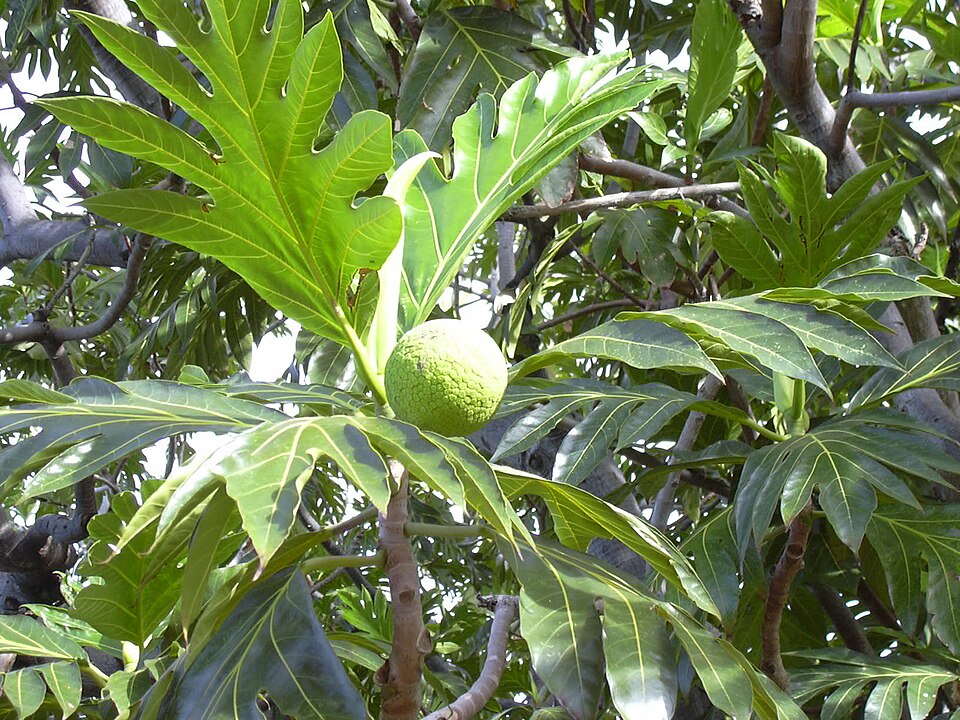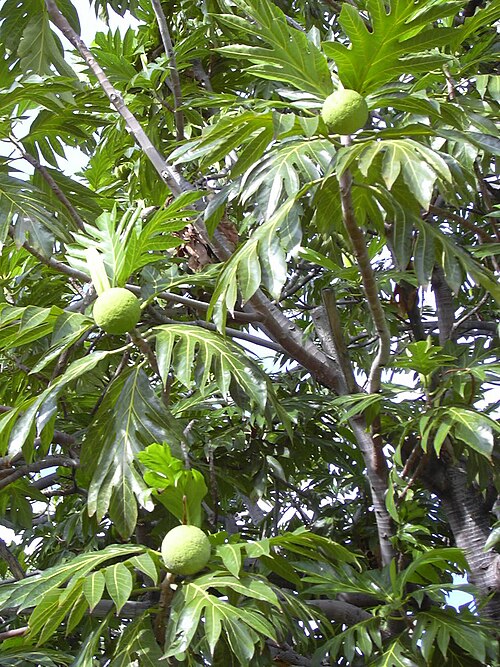Artocarpus altilis × mariannensis: The Mysterious Pacific Hybrid Tree
If you’ve stumbled across the name Artocarpus altilis × mariannensis in your plant research, you’ve discovered one of the more enigmatic trees in Pacific island botany. This hybrid tree, known locally as meduu in Palau, represents an interesting intersection between breadfruit genetics and island adaptation.
What Exactly Is This Tree?
Artocarpus altilis × mariannensis is a perennial tree that typically grows as a single-trunked woody plant, reaching heights greater than 13-16 feet under normal conditions. Like many tropical trees, it can occasionally develop multiple stems or remain shorter than usual depending on environmental factors.
The × in its scientific name tells us this is a hybrid – essentially a natural cross between different Artocarpus species. While the exact parentage involves the common breadfruit (A. altilis), the specific details of this hybrid’s characteristics remain somewhat mysterious in botanical literature.
Where Does It Grow?
This tree has established itself in Guam and Palau, where it reproduces naturally without human intervention. Interestingly, it’s classified as non-native to the Pacific Basin (excluding Hawaii), meaning it was introduced at some point but has since naturalized in these island environments.
Should You Plant It?
Here’s where things get tricky – and honestly refreshing in our world of information overload. There simply isn’t enough readily available information about this specific hybrid to make strong recommendations about its garden performance, care requirements, or potential benefits to local ecosystems.
What we can say is that it’s not currently listed as invasive or noxious, which means it’s not actively problematic. However, given its non-native status and our limited understanding of its behavior, you might want to consider native alternatives first.
The Native Alternative Approach
If you’re drawn to the idea of growing trees from the Artocarpus family, consider researching native breadfruit varieties or other indigenous trees in your region. Native species typically:
- Support local wildlife and pollinators more effectively
- Are better adapted to local growing conditions
- Contribute to preserving regional biodiversity
- Often require less maintenance once established
The Information Gap
It’s worth noting that for Artocarpus altilis × mariannensis, we’re missing key details that would typically guide planting decisions, including:
- Specific growing conditions and soil preferences
- USDA hardiness zones
- Wildlife and pollinator benefits
- Mature size and growth rate
- Propagation methods
- Potential landscape uses
Moving Forward
If you’re specifically interested in this hybrid tree – perhaps you encountered it during travels to Palau or Guam – your best bet would be to connect with local botanical gardens, agricultural extension offices, or plant societies in those regions. They may have hands-on experience with this particular tree that hasn’t made it into widely available botanical databases.
For most gardeners, though, focusing on well-documented native species will give you the best chance of gardening success while supporting your local ecosystem. Sometimes the most responsible gardening choice is admitting when we need more information – and this mysterious hybrid is a perfect example of that wisdom in action.
